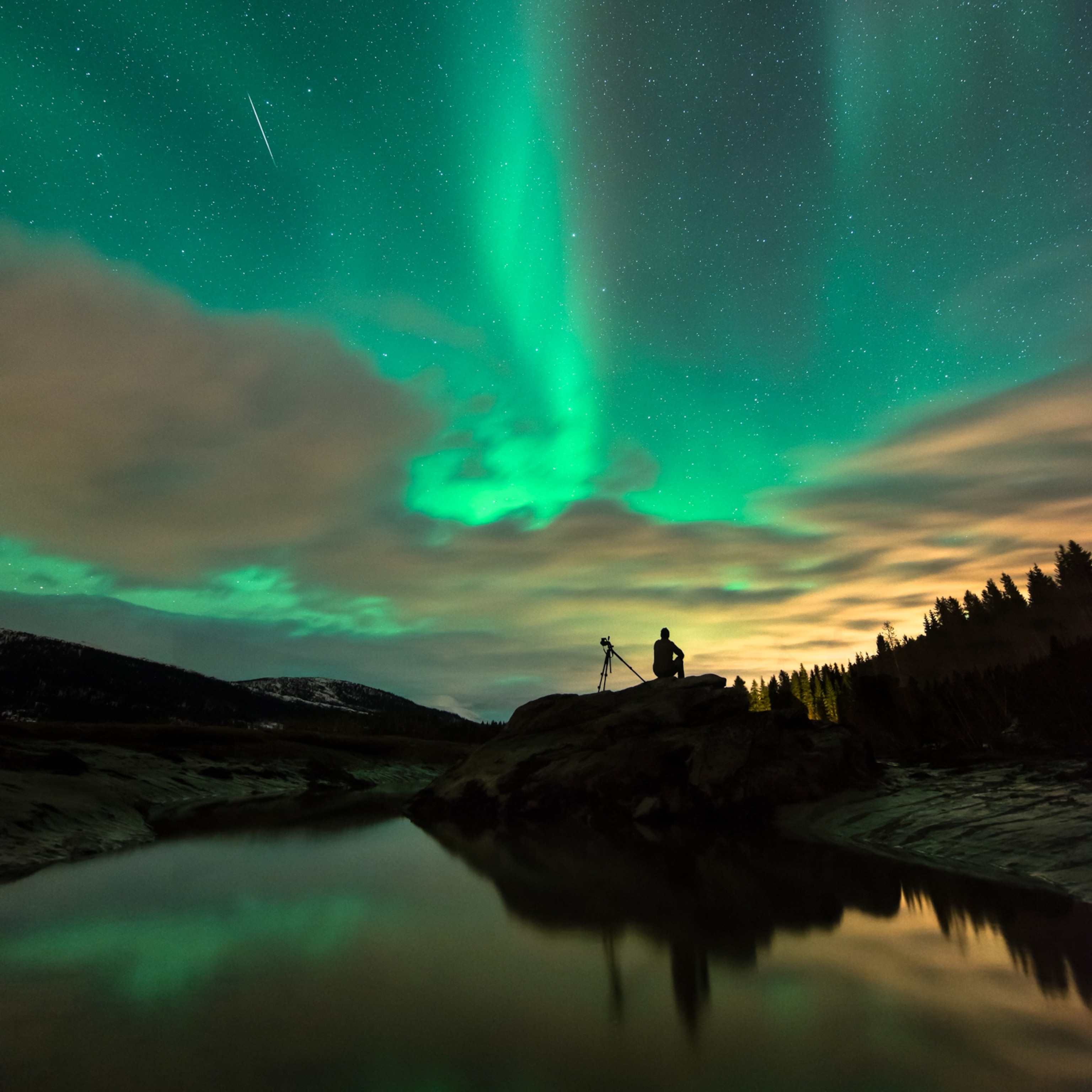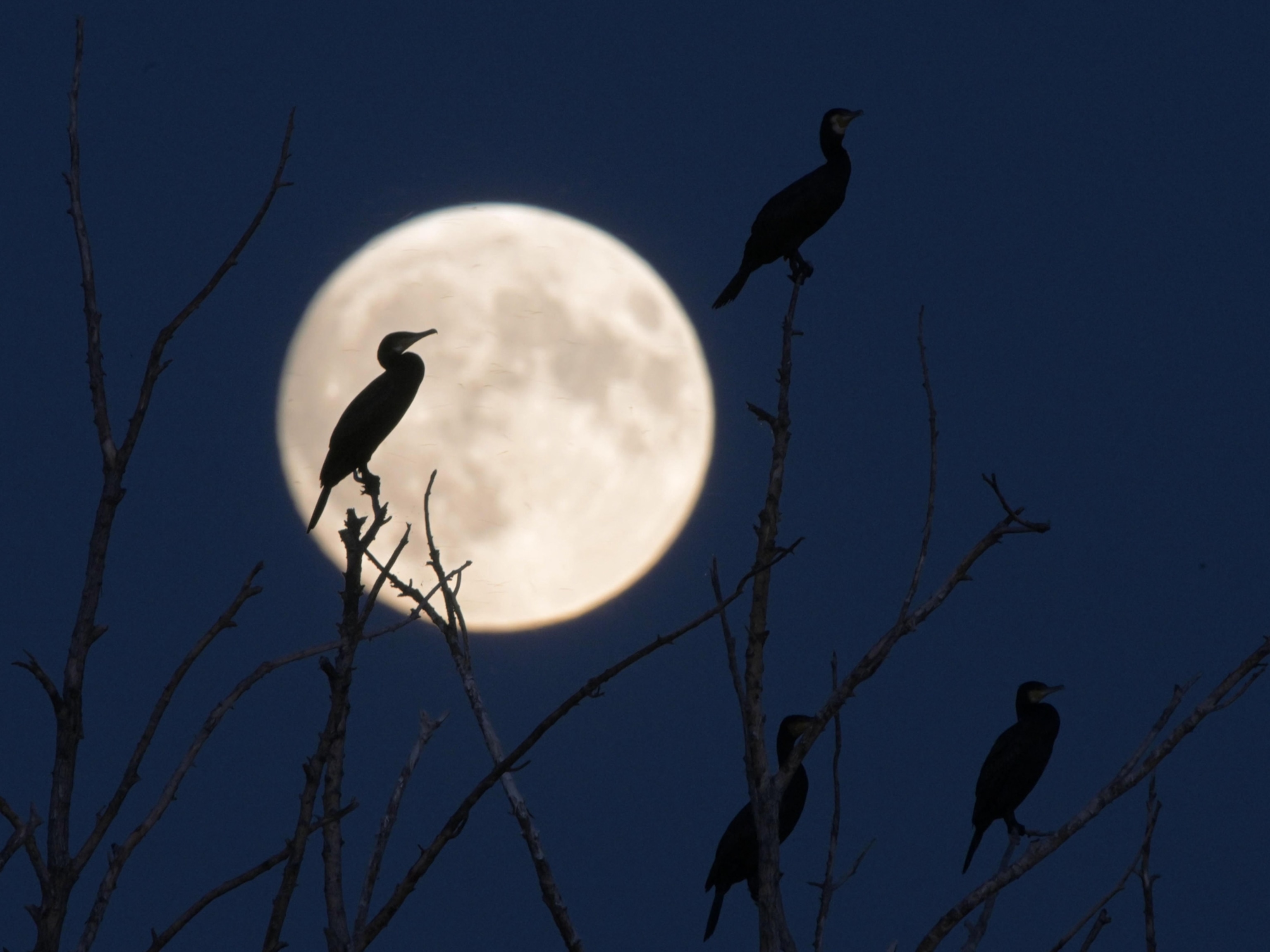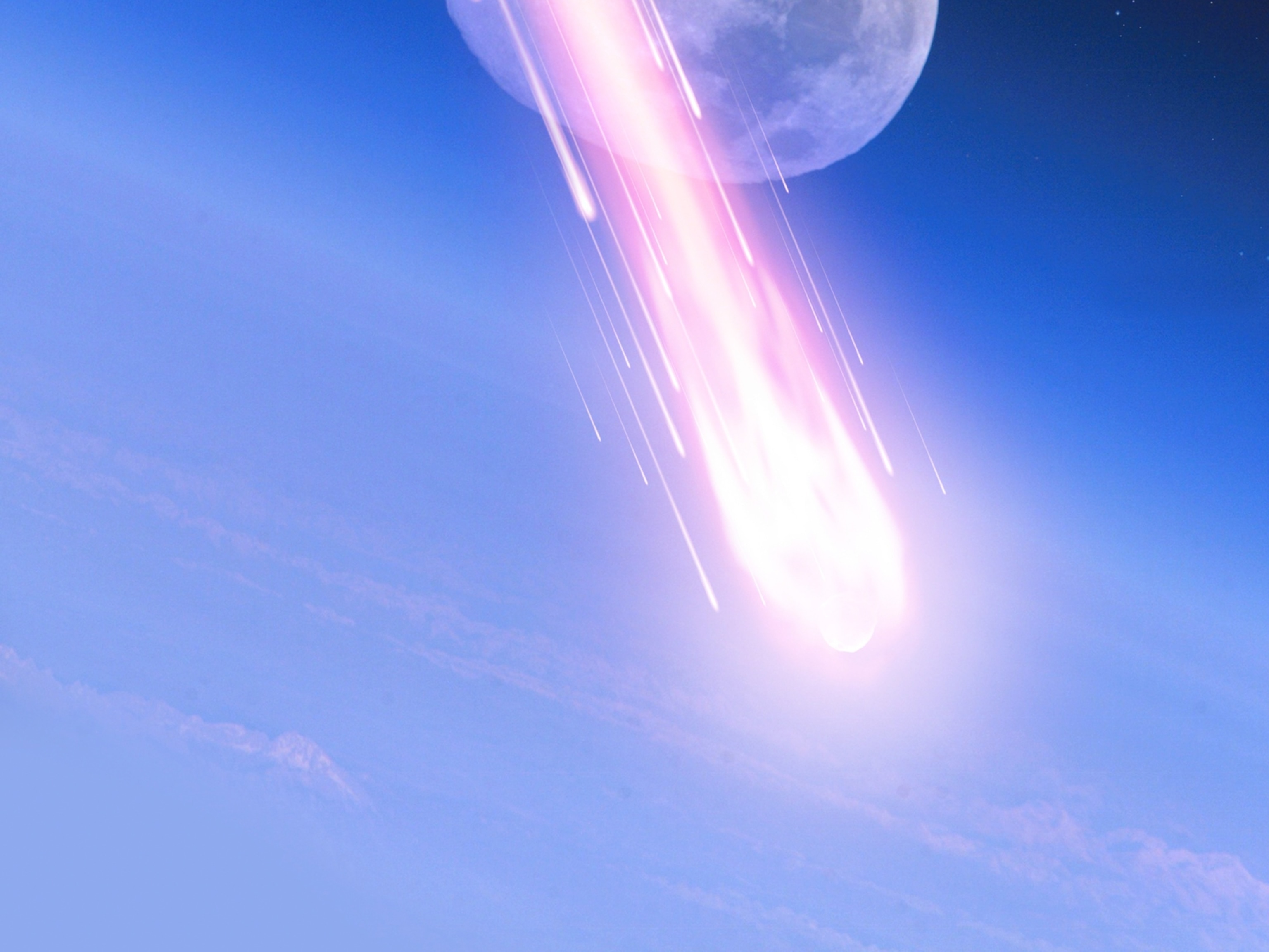
Meteorite Spurs Very Russian Reaction: Political Jokes
In the face of more than 1,100 injuries, Russians greet meteorite with humor.
A blindingly bright fireball streaked across the morning sky Friday above the Ural Mountain city of Chelyabinsk, landing with an ear-splitting crash in a lake some 50 miles to the west. The shock wave from the impact blew out windows across town, injuring as many as a thousand people, three of them critically, and causing a million rubles' worth of damage.
Chelyabinsk's mayor soon after took to the airwaves and confirmed via radio what his rattled citizens had already concluded: that a meteorite now believed to have been traveling at 33,000 miles an hour and weighing ten tons, had indeed hit somewhere nearby. (Pictures: Meteorite Hits Russia)
But that's not the way firebrand Russian politician Vladimir Zhirinovsky saw it. Playing on a once moribund but revived theme, he offered his own explanation, contrived to trouble the minds of those who after decades of Soviet propaganda are still cynical about anything broadcasted by officialdom.
"Those aren't meteorites falling," Zhirinovsky asserted. "It's the Americans trying out a new weapon."
In Zhirinovsky's telling, newly appointed Secretary of State John Kerry had been trying (and failing) to reach Russian Foreign Minister Sergey Lavrov all day yesterday, "to warn him that there would be such a provocation, and it might affect Russia."
One might surmise that the U.S. State Department doesn't usually warn Russia of its planned "provocations." But this time was—at least in Zhirinovsky's mind—supposed to be an exception. (Related: History's Other Meteorite Crashes)
Somewhat but not entirely more soberly, Prime Minister Dmitry Medvedev worried aloud about the damage the meteor would do to the Russian economy.
But he also wondered whether an image of the flying space debris might, despite the injuries and damage it had wrought, make a good logo for the upcoming Krasnoyarsk economic forum.
Russians do not as a rule accord much value to words their politicians (with the exception of President Vladimir Putin) speak; they quickly go online to establish the truth. Video from news sites leaves no doubt, judging by the dazed looks of the victims receiving hospital treatment, that this was a serious incident.
So what do Russians do when faced with such serious incidents? They joke, in the typically dark, self-lacerating style born of the Soviet era and reborn during the Soviet-lite regnum of the current Kremlin boss. And they joke in the one place where free speech still rules: the Internet. (Related: Best Meteorites for Tourists)
You May Also Like
Given the politically charged atmosphere in the country now, a number of the jokes carry political themes. "The President's Investigative Committee is trying to determine whether [opposition leader Aleksey] Navalny has anything to with the meteor's fall," tweeted Ruslan Leviev.
The meteorite, suggested blogger Maksim Kats, would serve as a good excuse "to cancel [newly promised gubernatorial] elections and extend the president's term [from six] to ten years," echoing Putin's reaction to the Beslan terrorist school seizure early in his reign. Alexander Vorob'yov opined that the event did nothing more than remind [Putin] "that he had never flown a meteorite before."
But he may have, in fact, if the Web is to be believed. A picture is already making the rounds showing a bare-chested Putin—he of macho deeds from plane-flying and crane-chasing to tiger-hunting—soaring across the boreal sky, riding the meteorite as Slim Pickins rode the ICBM in Stanley Kubrick's classic 1964 film, Doctor Strangelove.
A Facebook share shows a famous Channel 1 newscaster, regarded by Russian urbanites as a purveyor of Kremlin propaganda, with her face colored alien green and her eyes resembling those of ET, announcing: "Breaking News: Nothing happened in Chelyabinsk this morning." (Related: Picture Archive: Meteorite Recovery)
On a lighter note, "A Boy in Chelyabinsk promised his girl a star from the sky," wrote Diman604, reminding his readers that Valentine's Day had just passed. Or, according to the blogger v_neformate, maybe this "wasn't a meteorite, but the lighting of the Olympic flame. Space is giving its blessing to the Sochi Olympics," due to be held in Russia in 2014.
Tweeted DENIS_KHVSHHIN, "Want to find out if a meteorite will fall on your city? Send a text message to 666 naming your city. Cost of the message—667 rubles."
@Koffboy on Twitter reported that, "The asteroid's inhabitants watched in horror as they neared Chelyabinsk," a city notorious in Russia as a polluted industrial purgatory where of course neither sin nor soul nor, certainly, the air is purified."
The often satirical newspaper Komsomol'skaya Pravda ran a series of clever "video fakes" produced in honor of the meteorite showing flying boulders smashing into cars in Chelyabinsk.
One posting was a photograph showing two inquisitive aliens looking into the camera, with the title: "Have you received my Valentine?"
The governor of Chelyabinsk Oblast has tried to calm things down, telling citizens that no more meteorites are expected.
But then rbc.ru posted an article headlined, "NASA Will Arrange for Live Coverage of the Rehearsal of the End of the World"—that is of Asteroid 2012 DA14, which passed by Earth later on Friday.







